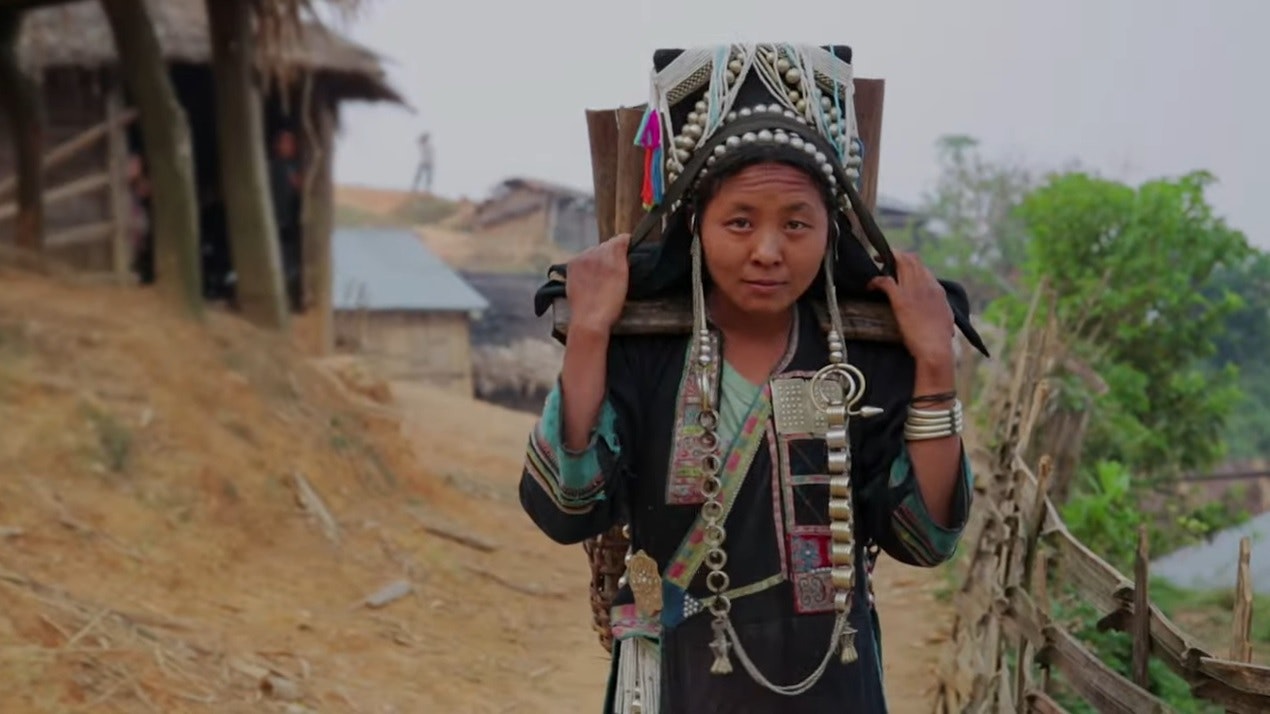
In June, global digital payments leader PayPal committed $108 million to advance financial inclusion and economic empowerment of women and girls. The announcement came in conjunction with the United Nations’ Generation Equality Forum (GEF) in Paris, for which PayPal serves as the Private Sector Lead of the Economic Justice and Rights Action Coalition. Rosita Najmi, PayPal’s Head of Global Social Innovation, shares insights on the company’s investment and the private sector’s opportunity to enable greater women’s economic empowerment.
COVID-19 has exposed the economic vulnerabilities of women and we’re seeing a renewed sense of urgency to address this global issue. What are some of the barriers to women’s economic justice and how can we begin to solve for this collectively?
As a result of the global pandemic, we’ve seen economic gains for many underserved populations – including women and communities of color – reverse course. Women’s jobs globally have been 1.8 times more vulnerable to the pandemic than their male counterparts and, as unpaid care burdens have increased by 30-40%, more women are dropping out of the workforce. Women also continue to make up the overwhelming majority of the world's unbanked and financially underserved adults, often facing legal barriers and social and cultural norms to access and take control over their own financial lives. All of this, along with longstanding issues like pay inequity, has led to a widening gender gap and increased threat of poverty for women and girls.
Data show that improving the financial health of women is essential to building prosperous and resilient communities. And we also know that challenges of this magnitude can’t be solved entirely by the government or social sector. We must work together and collaborate across public, private and non-profit domains, through initiatives like GEF, to develop new frameworks for addressing the formal and informal barriers to women’s financial health and security. Importantly, private sector engagement unlocks a unique set of resources, including increased access to various forms of capital (financial, network, human, intellectual and reputational) and new data insights to inform measurement, strategies and innovations to increase impact. This partnership model will accelerate outcomes as we step up to take collective, measurable action.
GEF Action Coalitions were designed to include representation across sectors and industries. Why did PayPal become involved and how are you advancing this work?
GEF is a civil society-centered, multi-stakeholder global movement designed to advance gender equality. Leading up to the Forum, PayPal was selected to serve as the private sector lead for the Economic Rights and Justice Action workstream – one of six multi-stakeholder Action Coalitions. As a fintech company working to democratize financial services and through our engagement with GEF, we are committed to drawing on our global digital payments platform to advance Sustainable Development Goal five (UN SDGs). Over the next five years, PayPal will invest more than $100 million to improve the financial health of women and girls through a multipronged action plan.
This commitment builds on the previous actions PayPal has taken to create a more inclusive economy. Last year, we pledged $535 million to address economic inequality among Black and underserved businesses and communities in the United States. We have also pursued opportunities to improve outcomes across our stakeholders, including employees, consumers, merchants and communities. And we have made progress in areas like gender pay equity, championing policies that promote workplace and economic equality for women. We understand that in order to have meaningful and sustainable impact, we must serve the full spectrum of our stakeholders and work with partners across sectors to advance our shared vision for a more inclusive economy.
What is the anticipated outcome of PayPal’s commitment to gender equality?
Access to affordable financial services fosters economic opportunity and mobility which in turn drives financial health improvements and inclusive economic growth. Tracking our efforts against the UN SDGs will enable PayPal to advance our mission – and fintech’s ability – to realize our full social impact potential. By leveraging emerging technologies, we can reach larger segments of the global population historically excluded from traditional financial services. Together, through consistent and deliberate action on gender equality, we will begin to lay the foundation for a more resilient and equitable economy. Join us as we work to increase women’s economic empowerment through measurable commitments and action.
Rosita Najmi serves as PayPal’s Head of Global Social Innovation, working to advance social, economic, and environmental impact. Her portfolio seeks to democratize financial services, improve the financial health of people and small businesses, increase the volume and scale of global charitable giving, support climate justice and resilience, and strengthen communities through local grantmaking, volunteering, and pro bono technical assistance.


